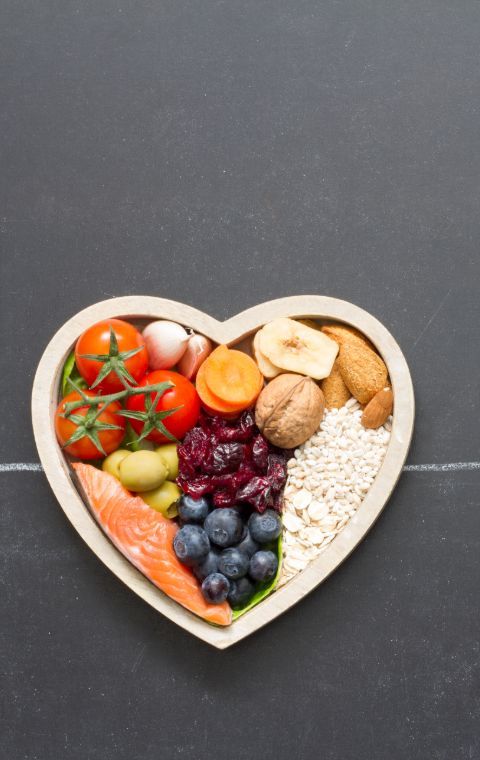
High Cholesterol
Good cholesterol, bad cholesterol, HDL, LDL – it’s enough to make your head spin. There’s so much jargon out there about cholesterol, it’s easy to understand why some people switch off when the word is even mentioned.
But switching off is never a good idea when it comes to your health. Cholesterol is found in all of us, and too much can lead to things like stroke, heart attacks, and death, so it is definitely a good idea to stay informed. If you want a simple, jargon-free run-down on what cholesterol is, and what you can do to help lower your cholesterol, just read below.
What is cholesterol?
Cholesterol is a form of fat that is found in the blood. It is needed to produce healthy cells, but high cholesterol can be dangerous. Too much cholesterol sticks to the wall of the artery and forms plaque deposits. These plaque deposits can build up and block or narrow the arteries.
As a result, these deposits make it difficult for blood to flow through the arteries. If this happens, your heart will not get enough oxygen-rich blood and you are at risk of a heart attack or stroke.
Cholesterol is carried in the blood by proteins. When the two combine they are called lipoproteins. There are two main types of lipoprotein:
- High-density-lipoprotein (HDL) – This carries cholesterol away from the cells and back to the liver where it is broken down or passed out of the body as a waste product. This is also known as “good cholesterol”
- Low-density-lipoprotein (LDL) – This carries cholesterol to the cells that need it, but if there is too much cholesterol it can build up in the artery walls and cause blockages. This is also known as “bad cholesterol”
What happens when your cholesterol is too high?
- Arteriosclerosis – When plaque builds up on artery walls it is called arteriosclerosis. Plaque deposits can reduce the blood flow through the arteries, or weaken the walls of the arteries, putting you at risk of stroke
- Chest pain – If the arteries that supply your heart with blood are affected you may experience chest pain, this is known as angina
- Heart attack – this can occur if the coronary arteries, which supply blood to the heart, become blocked
- Stroke – A stroke can occur when blood flow to the brain is cut off from a blockage or a haemorrhage
What are the causes or risk factors of high cholesterol levels?
- Unhealthy diet
- Diabetes
- High blood pressure
- Smoking
- Lack of exercise or physical activity
- Obesity
- Drinking excessive amount of alcohol
- Inherited familial hypercholesterolaemia – which can cause high cholesterol even when someone eats a healthy diet
How can I lower my cholesterol?
Looking after your heart health is very important. Healthy lifestyle changes can help lower your cholesterol and can also help prevent you from getting it in the first place. You could also:
- Reduce saturated fats like butter, cream, fatty meats.
- Replace with unsaturated fats like oily fish, nuts/seed and vegetable oils
- Eat a low sodium diet
- Increase the amount of wholegrains and fresh fruit and vegetables
- Lose weight or maintain a healthy weight
- Quit smoking
- Drink alcohol in moderation, if at all
- Try to exercise most days of the week for approximately 30 minutes
If you are worried about your cholesterol levels pop into one of your local CarePlus Pharmacies to have your cholesterol tested.